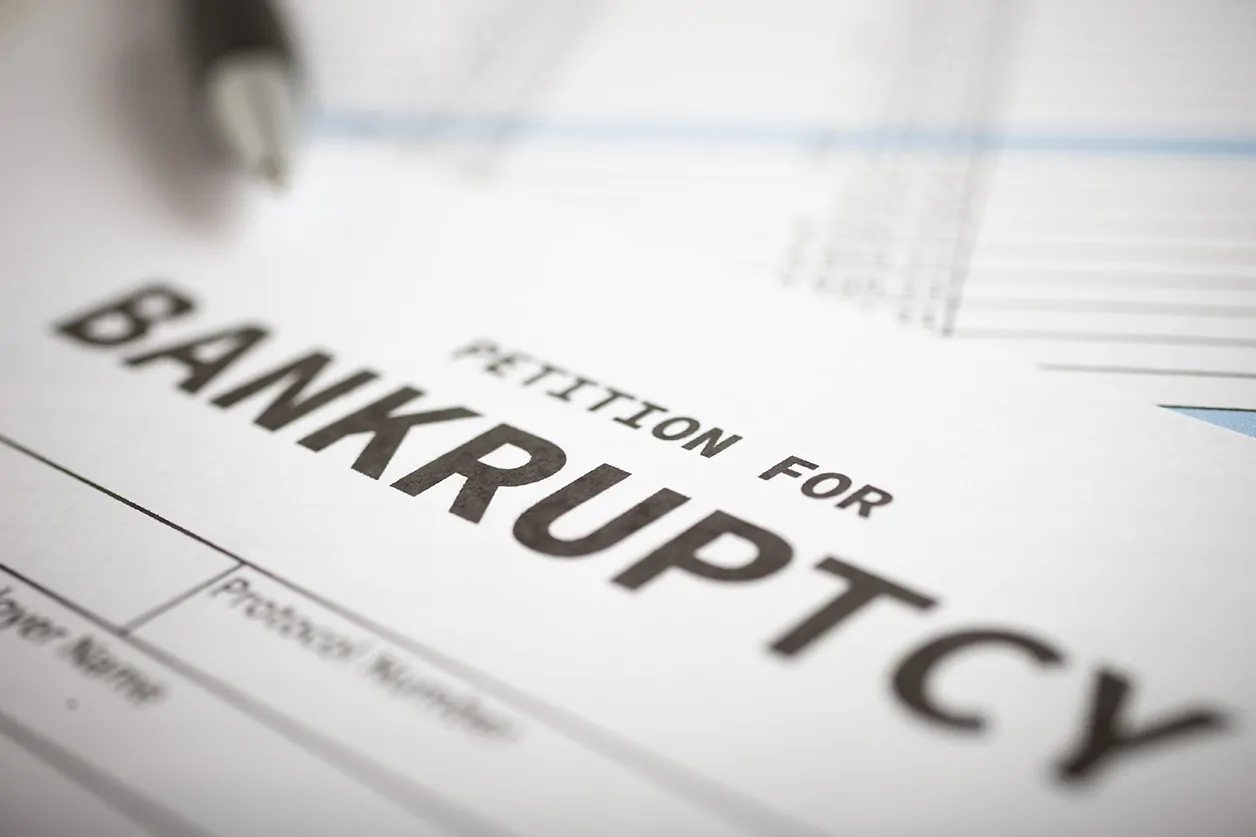Filing for bankruptcy is never an easy decision, but sometimes it’s the right one. And while it will have a serious impact on your credit if you decide to file, in many cases it may allow you to close out this challenging chapter in your financial life faster. As a result, you can avoid ongoing credit damage and start to rebuild instead of continuing to try and dig yourself out of an impossible situation with debt.
How do you know if filing for bankruptcy is the right decision for you? There’s now a way to find out in only three minutes using Instant Debt Advisor℠. Answer a brief questionnaire about your debts and Instant Debt Advisor℠ will tell you whether bankruptcy is right for your situation. If it’s not, you’ll find the debt relief solution tailored to you. It’s free to use and won’t affect your credit in any way.
With that in mind, Debt.com has created this in-depth guide to filing bankruptcy in the U.S. It can help you understand how the process works and what to expect if you decide to file.
What is bankruptcy?
Bankruptcy is a legal tool that helps people and businesses be free of debts. Additionally, bankruptcy allows creditors to receive some type of repayment. The Federal Court system handles bankruptcy. After the bankruptcy, the debtor will largely be debt-free, although not all debts may be discharged.
If you need to file bankruptcy, it’s best to do it sooner rather than later so you can start rebuilding as soon as possible. It is a critical decision that you should make quickly once you have all the facts.
Types of bankruptcy
There are six general types of bankruptcy, but only four of them apply to consumers. The common types of personal bankruptcy are Chapter 7 and Chapter 13, so we’ll provide more details on these two types of filing throughout this guide.
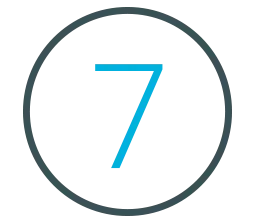
In Chapter 7 bankruptcy, a court will sell assets that don’t qualify for exemption to pay off your creditors. This is the fastest type of bankruptcy, taking only four to six months.
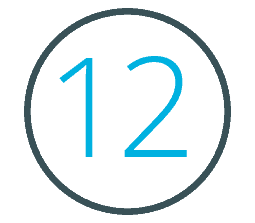
Chapter 12 bankruptcy offers greater protections from creditors because creditors do not have the right to object. But only farmers and fishermen can use it.
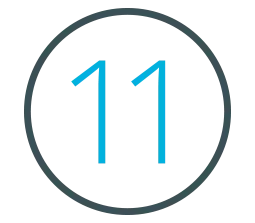
Chapter 11 bankruptcy reorganizes your debts and gets repaid over three to five years. It’s primarily intended for businesses and people with a high net worth.
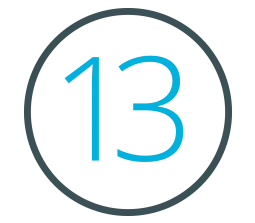
Chapter 13 bankruptcy, will help you avoid liquidating any assets to discharge your debt. Instead, you will pay your creditors back in a 3 or 5-year payment plan.
Other types of bankruptcy
The last two types of bankruptcy are not for consumers or businesses:
- Governments such as towns or cities use Chapter 9. These governments get protection from creditors while they reorganize and adjust their debts.
- Chapter 15 deals with cases that involve more than one nation. It helps promote cooperation between the US and foreign courts.
Filing for bankruptcy
- Filing for bankruptcy involves a lot of paperwork and decisions. However, it is worth the effort to get that fresh financial start for most people. Before and during filing, you should look over your debt. You should consider bankruptcy if you are unable to:
- Save for emergencies and long-term goals
- Pay off your debts
- Afford your bills and daily expenses
- Enroll in pre-bankruptcy counseling. The course is part of your required tasks. The court will ask for the record of your course.
- Find a qualified attorney that can guide you through the process. Although you can file pro se (without legal representation), this is not recommended.
- Understand which assets you have that will be exempt and then decide which Chapter to file based on your needs, assets, and goals.
- Fill out all the bankruptcy forms so they can be filed with the court. This includes completing paperwork that verifies you are eligible to file.
- For Chapter 7, you must pass a means test to file.
- For Chapter 13 you must complete similar forms to the means test that show you have the disposable income necessary to make payments.
- Pay filing fees. You can also request a waiver if you file a Chapter 7.
- Once you’ve filed, an automatic stay will be issued, which stops any collection actions, including wage garnishment and even foreclosure. The stay remains in effect until you complete your filing.
- A bankruptcy trustee will review your paperwork.
- Attend a confirmation hearing. You will meet with creditors in the hearing if they object to your filing or payment plan.
- Complete a debtor education course. Upon completion, you’ll have a certificate to file with the court.
- Get the discharge of your debts.
- With Chapter 7, you can receive your discharge in 90-120 days
- With Chapter 13, it can take three to five years.
Start the filing process, so you can get the fresh start you need.
Finding the best bankruptcy attorney
Bankruptcy is a powerful legal option if you cannot use other debt relief methods. Don’t worry about what others might say if you are thinking about bankruptcy. Your finances are your personal choice. There is nothing wrong with choosing the best option for your situation.
Contact an attorney as soon as you can so that you understand all the facts about this crucial decision. Choosing the right attorney can be a challenge. Before you make up your mind, ask questions, discuss your goals, and remember that you are paying them. Be sure to check references, reviews, and consumer complaints.
How attorney fees are determined
Currently, there are no standard attorney fees. States do not set fees. Most attorney’s rates reflect the local market. But prices must be “reasonable” according to bankruptcy laws. Courts do have guidelines, and a court can review a high fee and refund it.
Advantages and disadvantages
Bankruptcy can give you control of your finances back to you. But there are drawbacks, too. The filing will be noted on your credit report for the next seven to ten years.
Each method, Chapter 7 or Chapter 13, has distinct advantages and disadvantages.
- You could lose assets in Chapter 7 if they don’t qualify for exemptions, but you’ll finish much sooner.
- Meanwhile, Chapter 13 will tie you up with a payment schedule for three to five years. We are in an era of economic uncertainty. You could lose your job in the next three to five years or have other financial issues. So be sure you are making the right decision.
So, let’s look at the pros and cons of these two most popular chapters to see how they compare to each other and to the option of not filing at all:
Protection from collectors
- Chapter 7 offers an automatic stay of protection when you file
- Chapter 13 offers an automatic stay of protection when you file
- Not filing means collection actions can continue
Asset protection
- Assets that don’t qualify for exemption can be liquidated in Chapter 7
- There’s less risk of losing assets in Chapter 13
- If you don’t file, you could have property repossessed
Time to become debt-free
- Chapter 7 typically takes 90-120 days
- Chapter 13 takes 3-5 years
- Not filing means you could be in debt indefinitely without another solution
Cost
- Chapter 7 filing fee is $338, plus the cost of counseling and education, as well as your attorney fees
- Chapter 13 filing fee is $313, plus the cost of counseling and education, as well as your attorney fees
- Not filing can result in court fees if a civil collection case is filed against you
Result
- With Chapter 7, all eligible debts will be discharged once your case is completed and your duties have been met
- With Chapter 13, all eligible debts will be discharged once you complete your duties and all the payments required in your repayment plan
- Debts must be repaid or settled; otherwise, you can face collections and potential civil lawsuits until the statute of limitations on each debt expires
Credit Impact
- Chapter 7 remains on your credit for 10 years from the date you file
- Chapter 13 remains on your credit for 7 years from the date you file
- If you don’t file, any missed payments, charge-offs, and collections will remain on your credit for seven years from the date each account first became delinquent
More details to help you weigh the pros and cons »
Get a free evaluation to help you weigh the pros and cons of filing versus other options.
Who declares bankruptcy?
In the first quarter of 2021, over 105,000 individuals declared bankruptcy. These are people from all walks of life, including those who make a lot of money and those who earn less. The one thing in common is they all needed a fresh financial start.
When should I declare bankruptcy?
As you weigh the question of “Should I file?” there is a range of factors you should consider. But if you are in debt and struggling just to meet your monthly minimums, then bankruptcy should be an option on the table. Bankruptcy is a serious decision to make. To have the least amount of damage to your finances, you should make this decision as quickly as possible.
However, you also need to understand and consider the alternatives to bankruptcy. These include:
- Credit counseling
- Debt settlement
- Debt consolidation
Discharge eligibility in bankruptcy
When you go into bankruptcy, your goal is to get debts “discharged.” This means your lender agrees to no longer hold you responsible for the debt. In return, they often get some percentage of the payment due.
Debts that can be discharged
In Chapter 7, you’ll no longer owe credit card debt, personal loans, medical bills, and more. Chapter 13 covers even more and includes debts for “willful and malicious injury to property” and debts from financing a tax payment. It also includes debts from property settlements resulting from divorces or separations.
Debts that can’t be discharged
Chapter 7 and Chapter 13 bankruptcy will still leave you with child support, alimony, HOA fees, court fees, accidents that are the result of a DUI, and other court-ordered debts. You also cannot discharge federal or even private student loans in most cases. However, with the right attorney is certain cases, student loans may qualify for discharge.
Bankruptcy exemptions
If the value is low enough, some property and assets are exempt when you declare bankruptcy. Retirement accounts, public benefits, insurance policies, alimony, tools and books, and even your home and car might be protected. Our beginner’s guide to exemptions goes into more detail.
Bankruptcy rights
To prevent abuse by consumers, the Bankruptcy Abuse Prevention and Consumer Protection Act (BAPCPA) was created in 2005. This legislation introduced the means test to make sure you qualify for bankruptcy. It also introduced several measures to ensure consumers could not run up bad debt before declaring bankruptcy. For consumers, it offers greater protections for retirement assets, including IRAs that weren’t protected before.
Veterans and Service Members receive extra protections. If any service member files for bankruptcy and gets called for active duty, an automatic stay will continue, and your bankruptcy will be put on hold until you return from active duty. Certain military personnel can be exempt from the means test, including active-duty Service Members, disabled Veterans, and those involved in homeland defense activity lasting more than 90 days.
Rebuilding after bankruptcy
As soon as you are out of bankruptcy, you can start a positive credit history and rebuild your credit. While it’s true that bankruptcy will stay on your record for seven or ten years, you can also add a lot of positive records to your credit file during that time.
Some steps to repair your credit after bankruptcy discharge include making sure that:
- All accounts on your credit reflect the bankruptcy status (they should all say zero balance).
- Accounts that were agreed to be removed are removed.
- There are no open collection accounts, as you should no longer have any.
- Any loans that were not discharged are current and in good standing.
One thing you want to work on after bankruptcy is getting new credit. Many times after bankruptcy, consumers only have their debit card. Debit cards aren’t always safe to use and don’t appear on your credit file.
Getting credit cards
You can get started with credit cards again by getting a secured credit card. The way a secured credit card works is simple; the amount of money you put into the deposit will equal your credit limit. Keep paying on time to build back a positive credit history. If you want to avoid credit cards after bankruptcy, a credit builder loan can be a good way to build savings and credit at the same time.
Getting a car loan
If you get to keep your car and it’s in good condition after bankruptcy, that’s great. But people do lose their vehicles due to judgments or have unreliable cars. In that case, you may need to buy a car.
Getting a mortgage
Just because you declared bankruptcy doesn’t mean you can’t buy a home once you’ve received your final discharge. Many lenders realize that people who went thru bankruptcy can also be excellent homeowners. To buy a home after bankruptcy, begin to budget and save as much as possible for a down payment. Keep up with your new credit, and make sure to make all your payments on time. Set a realistic goal based upon what you can afford, and do your homework before looking.
Bankruptcy FAQ
If you’re considering bankruptcy, it’s natural that you have a lot of questions. Here are some of the most common questions that our experts receive:
The length of time depends on how you file. For Chapter 7, the process generally takes four to six months for straightforward cases or up to a year if your case is complicated. For Chapter 13, the process takes three to five years.
To minimize fraud, the Bankruptcy Abuse Prevention and Consumer Protection Act (BAPCPA) imposes time limits on how often you can file (and get your debt discharged). With Chapter 7, you’ll have to wait eight years until you can file Chapter 7 again or four years to file Chapter 13. Chapter 13 requires a two-year wait until you can get debts discharged through Chapter 13 or a six-year wait to file Chapter 7.
If you are a cosigner on a loan and the first party is in bankruptcy, you may be liable for the rest of the loan balance. In Chapter 7, a bill collector can come after the cosigner for the balance. In Chapter 13, you are protected for a while until the person receives discharge. If there is still a remaining balance, you can be on the hook for it. The original borrower needs to agree to pay the remaining balance during their filing to avoid collections for their cosigners.
Yes, by law, you can file without a lawyer. This is known as a pro se bankruptcy fling. Yet, those representing themselves in bankruptcy have a very low success rate. You’ll have to do a lot of legal work, which can lead to many errors. And even an error your filing paperwork could mean that you filing would be denied by the court.
In many cases, some or perhaps all tax debt can be cleared in bankruptcy. The tax debt has to meet the criteria called “nonpriority debt.” If your tax debt doesn’t meet the requirements, you’ll still owe it, even after bankruptcy.


